
OR
WorldHealthDay
Stronger global health governance for healthier world
Published On: April 7, 2017 09:16 AM NPT By: Dr Gail Marzetti
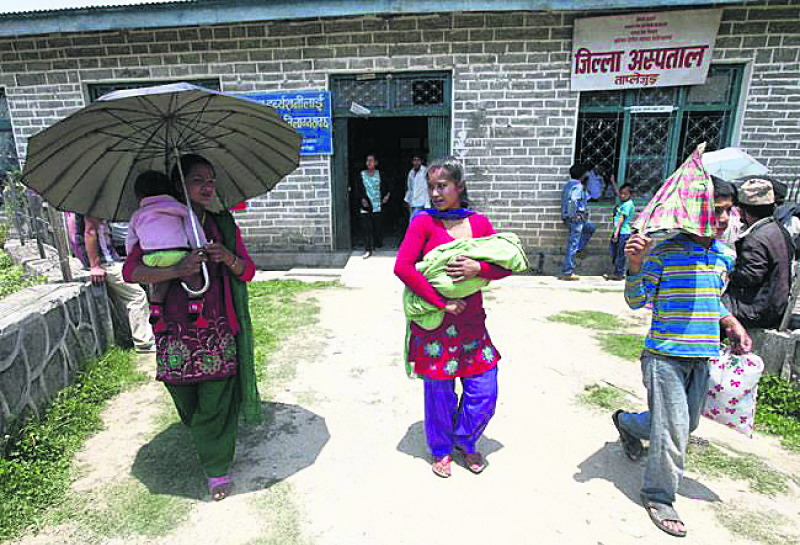
In Nepal, when young people respectfully bow down to greet family elders, they receive blessings of good health and long life. Together with these blessings we give our children, it is crucial that we ensure that important policies and systems are in place to tackle our most critical health threats. Today, World Health Day is a chance to look back at our achievements on this, as well as an opportunity to note the challenges we cannot afford to be complacent about.
Nepal has made remarkable progress across a range of health issues: between 1996 and 2014 child mortality fell from 118 to 38 deaths per 1,000 live births; the maternal mortality rate in 1990 was one of the highest in the world at 850 deaths per 100,000 live births, but this declined to just 258 in 2015. This number continues to fall.
The rate of HIV infection among 15-24 year olds was reduced by 80 percent between 2000 and 2016; and of the 34,212 registered Tuberculosis cases, 92 percent have been successfully treated. This progress has been made possible through the implementation of good health policies and programs.
Nepal established a new health policy in 2014 and has been implementing a new health sector strategy since 2016, addressing the country’s most pressing health needs and helping progress towards universal health access. The role of female community health volunteers (FCHV) has been particularly important in ensuring these strategies are successfully implemented at the local level.
These achievements, however, have not been uniform and major disparities still exist. In addition, Nepal is still recovering from a 10-year long conflict and the 2015 earthquakes, creating new challenges that can impact on efforts to improve the health of women and girls, children, poor, and socially excluded groups. The process of recovery requires strong national leadership and good health governance, evident by efficient health systems reaching the unreached.
bigger, global picture shows that there has been huge progress towards making the world a healthier place, and the UK has played a leading role in achieving this. Polio cases for example, have dramatically decreased to 37 in 2016 from 350,000 in 1988, with only five new cases in 2017. In 2014, the World Health Organization (WHO) declared Nepal as being polio-free -- a great achievement.
The UK has helped save tens of thousands of women’s lives in pregnancy and childbirth, helped immunize against preventable diseases, and supported access to clean water, better sanitation and improved hygiene conditions. But as the Ebola outbreak in West Africa in 2014 showed us, the world is not immune to killer diseases, and when national health systems cannot cope and international health systems are not fully prepared, health threats can quickly become full-blown crises.
The World Health Organization is vital to help meet these challenges as the organization that helps the global health community and governments better understand, prepare for and respond to the biggest health threats of our time. But it urgently needs an upgrade to become more effective.
There is a real opportunity to see positive change with the election of a new Director-General of the WHO shortly taking place. At the end of May 2017, health ministers of 194 nations will meet for their annual assembly in Geneva, Switzerland. They will elect the person who will -- on July 1st -- replace Dr Margaret Chan as the next Director-General of the World Health Organization (WHO). This job is about ensuring the health and wellbeing of billions of people, and it needs someone who can meet this challenge. That is why the UK has given Dr David Nabarro -- one of the final three candidates in the running for the position -- our full support.
Dr Nabarro’s experience is unrivalled -- he has spent over 40 years in international public health as a medical doctor, educator, international public servant and diplomat, repeatedly and successfully managing complex global challenges and leading the world in responding to crises.
David has also worked on the frontline in over 50 countries including in Nepal, Brazil and Bangladesh.
In Nepal, he spent his early career as a doctor helping improve health services for women and children in rural Sindhupalchowk and Dhankuta districts. Dr Nabarro also worked at the Patan Hospital in Kathmandu and at the Institute of Medicine at a time when medical education was only being developed. During his time in Kathmandu recently, he spoke about Nepal as a country that has shaped who he is and how he wants to make sure the WHO can deliver results for the Nepali people.
The UK will continue to lead global efforts to fight deadly diseases that blight the lives of millions around the world, while helping countries to build stronger health systems. And like countries around the world, Nepal too should continue to push for improvements in international organizations so that they can best protect us from health threats. The Nepalese people deserve nothing less.
Dr Gail Marzetti
Head of Office, DFID Nepal
You May Like This

Mugu's health post operating without health workers
MUGU, Jan 10: Absence of health workers at a local health post of western Khatyad Rural Municipality-10, Hyanglung of Mugu has... Read More...
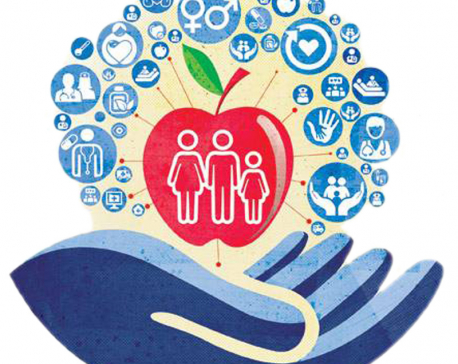
Health of health
There is mismatch between Nepal’s commitment to communicable diseases and rapid spread of non-communicable diseases ... Read More...
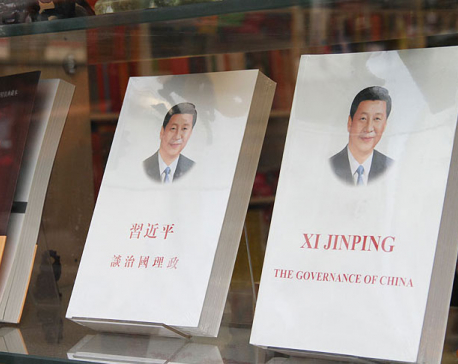
Xi's book on governance wins sweeping global impact
BEIJING, June 26 : A book on governance written by Chinese President Xi Jinping marked the 1,000-day anniversary of its... Read More...




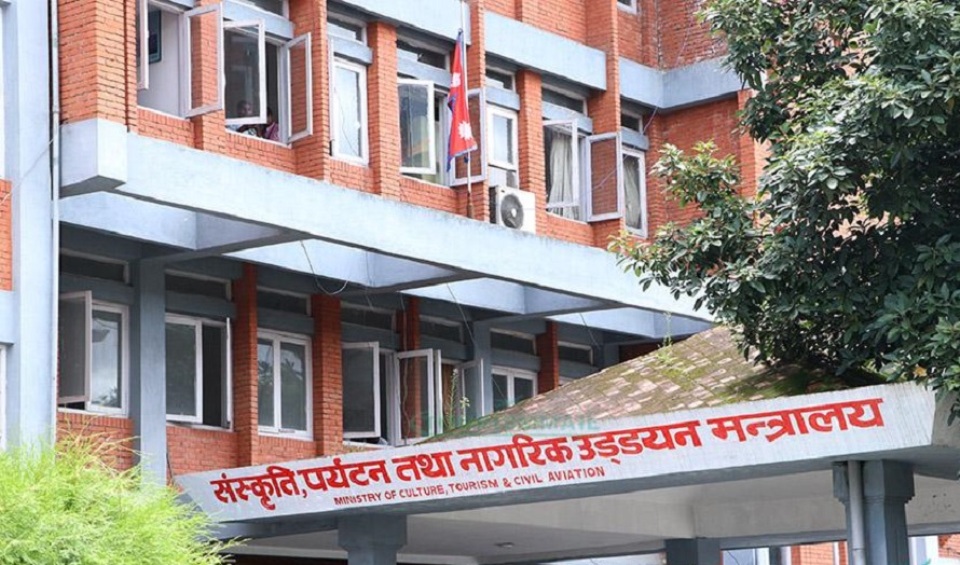


Just In
- Public transport to operate during Qatari king’s arrival, TIA to be closed for about half an hour
- One arrested from Jhapa in possession of 43.15 grams of brown sugar
- EC to tighten security arrangements for by-elections
- Gold price drops by Rs 2,700 per tola
- Seven houses destroyed in fire, property worth Rs 5.4 million gutted
- Police pistol missing after drug operation in Bara, investigation underway
- Truck carrying chemical used in drugs catches fire
- Nepali journalists Sedhai and Kharel awarded second prize at Fetisov Journalism Awards for their exposé on worker exploitation in Qatar World Cup




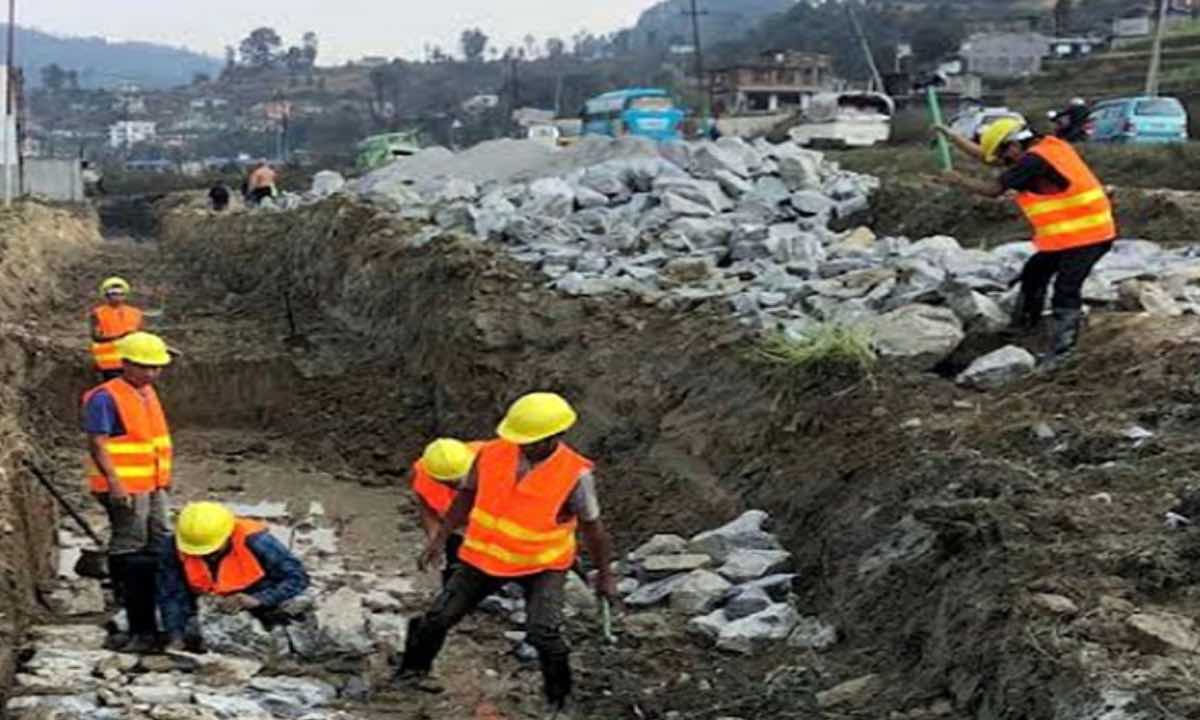






Leave A Comment